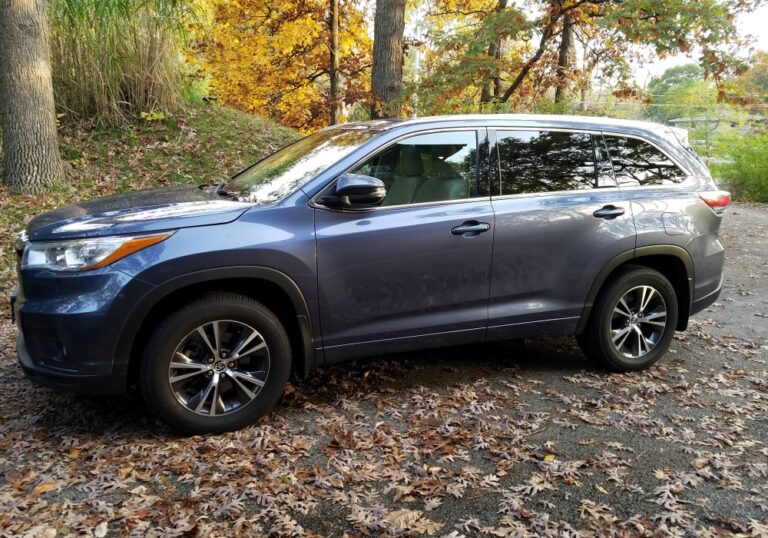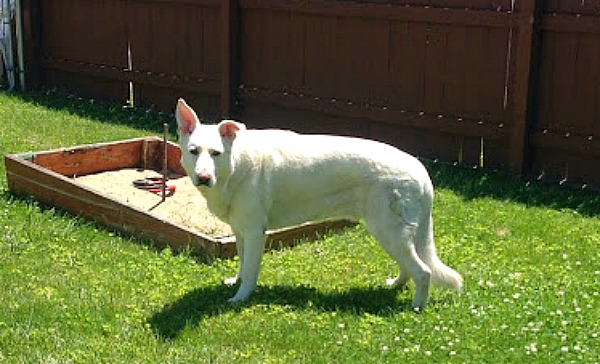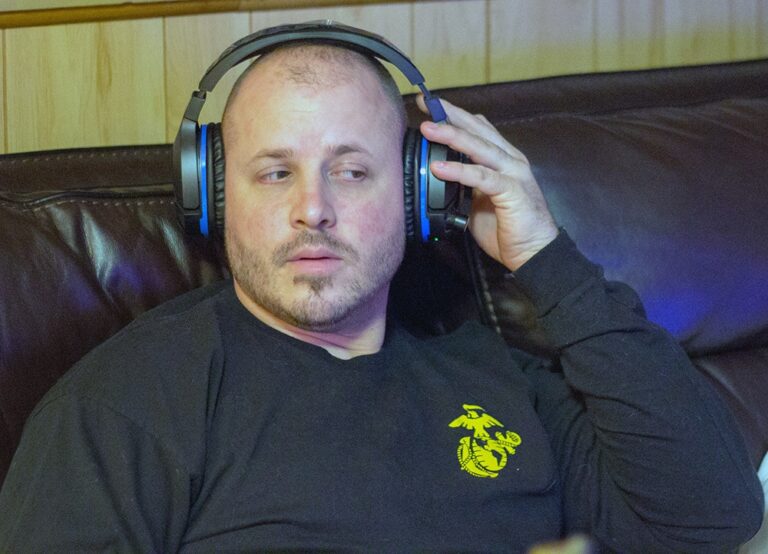The Role of Slow Travel in Reducing Stress
Understanding the Science Behind Travel and Stress Relief

When modern life feels like it’s moving at warp speed, our bodies respond by pumping out cortisol – that notorious stress hormone that can wreak havoc on our health. When you visit somewhere you want to go, you’re more excited and your cortisol levels will decrease. Research from 2024 shows that 80% of people agreed that traveling helped significantly reduce stress levels, making travel one of the most effective natural stress-busters available.
The science is pretty fascinating too. Researchers have started exploring various health benefits in this regard, including cardiometabolic and pulmonary improvements, mental recovery, stress reduction, and heightened energy, according to recent studies published in the International Journal of Tourism Research. What’s happening in our brains during travel is essentially a reset – we’re breaking free from the repetitive cycles that keep our stress responses constantly activated.
The Rise of Slowcations – A Revolutionary Response to Modern Life

Something remarkable happened in summer 2024: US Google searches for the term ‘slowcation’ have increased by 50% compared to this time last year, and there have been more than 16.3 million posts mentioning the trend on TikTok too. This isn’t just some fleeting social media trend – it’s a genuine shift in how people think about vacations.
60% of travelers are planning their vacations this year with the main intention of slowing down and switching off. The term “slowcation” captures something essential about what people desperately need right now. Slow travel is more about a mindset than a pace of movement. It’s exploring somewhere on a deeper level, making space mentally and physically for things to happen spontaneously – for example, taking time to walk in nature, cycle through the countryside, engage with the locals, or take a long-distance rail journey.
Breaking Free from Digital Overwhelm

Here’s something that might surprise you: It takes, on average, three days to ‘unwind’ on vacation, but those who look at social media or work emails report that it takes them longer to feel rested. We’re literally carrying our stress with us in our pockets. Most Americans (56%) say they couldn’t vacation without their smartphone.
But slow travel forces a different approach. When you’re walking through a small Italian village or sitting by a lake in the countryside, constantly checking your phone feels almost absurd. “We’re all much more attuned to the benefits of switching off our phones and being outdoors,” says Francis. It’s like your brain finally gets permission to stop multitasking and just… exist.
The Physiological Benefits of Mindful Movement

The connection between slow travel and physical health goes deeper than just feeling refreshed. One single short-term vacation, independent of the mode, has large, positive and immediate effects on perceived stress, recovery, strain, and well-being, according to research published in the PMC journal. Even more impressive, research shows that a four-day weekend can have positive effects on the brain. Stress and overall well-being, this positivity can last up to 45 days.
Slow travel celebrates simple, local, traditional, sensory and affective aspects of the experiences generated through movements at a slower pace and immersion in the destination and local way of life. Your nervous system literally starts to downshift when you adopt this approach, allowing your body’s natural healing mechanisms to kick in.
Nature’s Powerful Medicine Cabinet

There have been correlations between spending time outdoors and people’s subjective wellbeing, which is directly linked to people’s overall happiness and anxiety reduction, and slow travel naturally incorporates more outdoor time. Vacations to mountain environments or calm forests can lower the rate of psychologically stress-related diseases.
“Environments, especially beautiful landscapes like forests or beaches, can help us reduce stress and boost our mental well-being and promote physical activity,” Hu said. When you’re hiking slowly through a forest instead of rushing from tourist attraction to tourist attraction, you’re essentially giving yourself a prescription for better mental health. Simply being in nature among trees, flowers, birds and plants may have a calming effect on the mind. If you can, take a walk around the block, sit on your front porch.
The Social Connection Advantage

One of the most undervalued aspects of slow travel is how it naturally creates opportunities for deeper social connections. 52% of people stated that their connection with their loved one improved during a vacation. When you’re not racing through an itinerary, you actually have time to talk to your travel companions – and to locals.
“The study shows,” said Dr. Anciaes, “that the possibility to travel is important for the health of populations.” But it’s not just about getting away – it’s about the quality of connection you make while you’re away. It explains one’s desire to connect to pleasant, enjoyable and meaningful things, while at the same time disconnecting from the stressful and disturbing stimuli with which the external world is overly saturated.
Redefining Productivity Through Rest

Here’s something that might shock your Type-A friends: those who took more than 10 vacation days were 64.4% more likely to receive a raise/bonus compared to the 34.6% who took less than 10 days. Apparently, taking time off isn’t career suicide – it’s career enhancement.
Employees need time to mentally recharge in order to stay sharp and engaged on the job. But slow travel takes this a step further. Taking time to go somewhere and get away from work can help you feel more productive and focused when you get back. This is because your brain needs time to rest. When you travel slowly, you’re not just resting – you’re allowing your mind to wander and make new connections.
The Longevity Connection

Recent research from 2024 has uncovered something remarkable: positive tourist experiences can help you live longer. A groundbreaking study published in the Journal of Travel Research examined how travel affects what scientists call “entropy” in the human body. “Tourism typically exposes people to new surroundings and relaxing activities, and novel settings can stimulate stress responses and elevate metabolic rates, positively influencing metabolic activities and the body’s self-organising capabilities,” according to ScienceDaily.
The researchers found that positive travel experiences can help the body sustain a low-entropy state. Think of it like this: your body is constantly fighting against the wear and tear of daily life, and slow travel gives it the resources to win that battle more effectively.
Optimal Duration – The Sweet Spot for Stress Relief

Not all vacations are created equal when it comes to stress reduction. Vacations that are 8-13 days are ideal, happiness increase on day 2 and remains high for the rest of the trip. But here’s the kicker: Vacations that are 7 days or less often start happy, but they slowly decline through the end of the trip.
However, even shorter trips can work wonders if approached mindfully. In sum, it seems that short vacations of four nights are long enough to fully recover and short enough to limit the massive pile of work after return, which possibly causes a quick fade-out. The key is matching the length of your trip to your stress levels and life circumstances.
The Meditation of Movement

Slow travel essentially becomes a form of moving meditation. Mindfulness and relaxation interventions were most effective at changing cortisol levels, according to a 2023 meta-analysis. When you walk slowly through a new city, paying attention to the architecture, the sounds, the smells – you’re practicing mindfulness without even realizing it.
Mindfulness meditation lowers the cortisol levels in the blood suggesting that it can lower stress and may decrease the risk of diseases that arise from stress such as psychiatric disorder, peptic ulcer and migraine. Slow travel naturally incorporates these mindful elements, making it a powerful stress-reduction tool that doesn’t feel like work.
Creating Lasting Change Beyond the Trip

While frequent travel can boost your mood and positively impact your mental health, there are limits. You may look back on your travels with fond feelings, but the reduced stress and increased feelings of happiness after a vacation typically last less than one month – unless you approach it strategically.
Making time for regular travel can have a better impact on your mental health. Going to different places regularly can improve the benefits you get from vacations. The secret isn’t taking one perfect vacation – it’s integrating the principles of slow travel into your regular life. Some people can feel the positive impacts of their vacation for up to five weeks after their return.
The Wellness Tourism Revolution

The Global Wellness Institute estimates that the world’s wellness tourism market is projected to reach $1 trillion in 2024, and rising. This isn’t just about luxury spas anymore. Wellness tourism is on the rise as travelers increasingly prioritize mental and physical well-being. By focusing on personalized experiences, sustainable practices, and innovative wellness offerings, businesses across the travel value chain can capitalize on this lucrative opportunity.
In 2024, travellers are seeking to slow down, recharge and most importantly, be healthier. The industry is responding with everything from forest bathing experiences to digital detox retreats. But you don’t need to spend thousands on a wellness retreat – you can create your own slow travel experience anywhere.
Practical Steps for Embracing Slow Travel

Ready to give slow travel a try? Start small. When planning a slow travel trip, it’s important to choose your destination wisely. Look for places that offer a variety of activities and experiences, as well as a strong local culture so you can fully immerse yourself in the destination.
Slow travel is also a great way to reduce stress and promote relaxation. By taking your time and not rushing from one place to another, you can truly unwind and enjoy your surroundings. This can be especially beneficial for those who are used to a fast-paced lifestyle and need a break to rest, relax, recoup and regroup. Even a weekend getaway to a nearby town can become a stress-busting slow travel experience if you approach it with the right mindset.
A Personal Revolution in How We Live

Slow travel isn’t just about vacations – it’s about recognizing that time deprivation is one of the consequences of high-speed societies. Slowness has a special focus on learning how to value and cultivate the sense of time and “restore meaning, authenticity, security or identity to time-deprived subjects”.
When you choose to travel slowly, you’re making a statement about what kind of life you want to live. You’re saying that experiences matter more than checklists, that being present is more valuable than being busy, and that your mental health is worth protecting. A McKinsey report in 2021 noted that 79% of respondents believed wellness was important, and 42% considered it a top priority – and slow travel might just be the key to achieving both.






